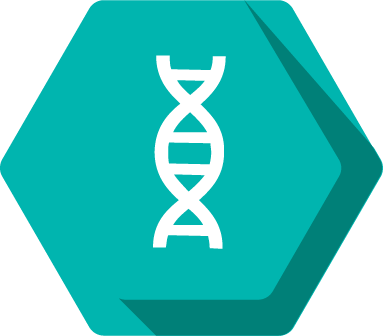Eunjin Kwon

Research Mentor(s): Yang Zhang, Professor
Research Mentor School/College/Department: Department of Computational Medicine & Bioinformatics, Michigan Medicine
Presentation Date: Thursday, April 22, 2021
Session: Session 2 (11am – 11:50am)
Breakout Room: Room 19
Presenter: 3
Abstract
Protein-protein interactions (PPIs) are central in biological processes. Most proteins are marginally stable to perform their functions such as binding. Amino acid mutations taking place on proteins may change the protein stability and the affinity of a binding process, which further affects their biological functions. It is reported that amino acid mutations at protein-protein interfaces are frequently implicated in many diseases, including cancer. Therefore, it is of great significance to quantitatively predict the change of protein stability and binding affinity upon mutations, denoted as ddG_stability and ddG_binding. Many tools have been developed for ddG prediction, but there is lacking in a comprehensive comparison of their predictive powers. This study aimed to evaluate the predictive accuracy of a variety of widely used tools for ddG_stability and ddG_binding estimation on a large scale benchmark, placing a guidance on choosing the most accurate tool for ddG prediction.
Authors: Eunjin Kwon
Research Method: Laboratory Research








